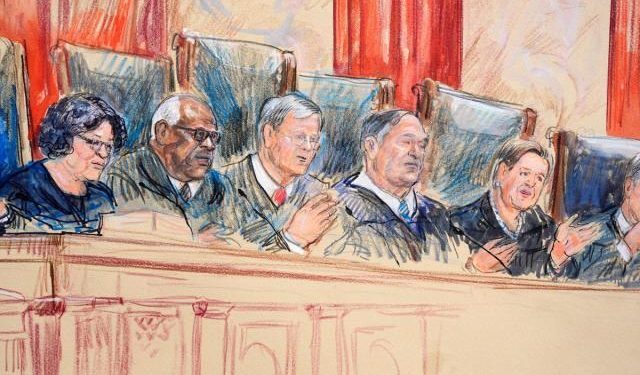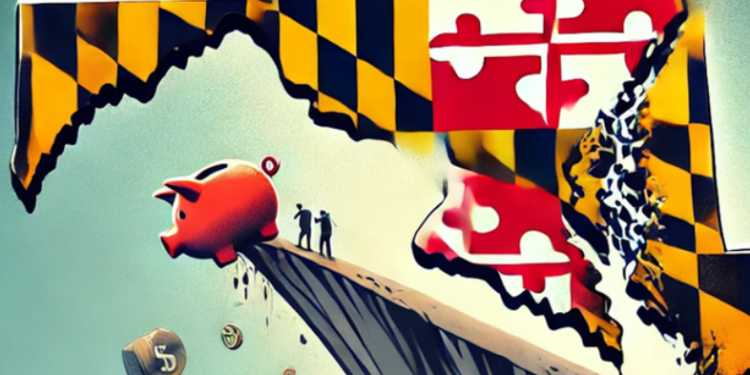US: Following last week’s decisions, which represented a significant blow to the American administrative state, yesterday, the Supreme Court did what was widely expected: rule in favor of Donald Trump in a case related to federal prosecution over January 6. In a 6-3 decision, the court ruled that presidents have “presumptive immunity” for “official acts” while in office.
The decision does not necessarily kill the potential for federal prosecution, kicking the question to a lower district court about whether or not Trump’s actions constitute an “official act.”
In practice, however, it effectively delays any future decision until after the November election.
The unexceptional outcome has been met with predictable hysteria from critics of the former president, with rabid online fans suggesting that the Biden Administration would now have a green light to take extraordinary actions against a political opponent.
Of course, on this same day, a prominent Trump ally, Steve Bannon, has been ordered to turn himself into federal custody for failing to comply with a politicized Congressional probe illustrates the degree to which extraordinary action has already become commonplace in Washington.
Inane hysterics have not been limited to progressive keyboard warriors, however. Take, for example, a dissent opinion written by Justice Sonia Sotomayor.
She concludes with the following:
Never in the history of our Republic has a President had reason to believe that he would be immune from criminal prosecution if he used the trappings of his office to violate the criminal law. Moving forward, however, all former Presidents will be cloaked in such immunity. If the occupant of that office misuses official power for personal gain, the criminal law that the rest of us must abide will not provide a backstop.”
“With fear for our democracy, I dissent.
Those who desire a society with equal protection under the law would likely agree that no president should be “above the law.”
The problem, of course, is that what Sotomayor is describing is not a modern abomination foisted by an out-of-control, partisan court determined to protect a political patron. Instead, presidential immunity from misconduct has been the operating status quo in this country for decades.
It is the current objection to its application here that it is driven by petty partisan animus, not an idealistic concern for the sacred nature of American democracy.
As has been well documented at sites like Mises.org for quite some time, the executive branch’s tradition of criminal behavior has become ingrained in the office itself. Modern obvious examples include unilateral declaring war without the authorization of Congress, often with the deliberate use of bad intelligence. It includes ordering the death of American citizens abroad under the guise of these military adventures. President Biden has ignored concerns from the Supreme Court itself regarding action on student loans.
If one reassesses the presidency further, one could find numerous other examples, such as Franklin Delano Roosevelt’s secretive use of the loan-lease program to actively subsidize the Soviet Union before American involvement in World War II. Or the general erosion of the Bill of Rights by the gradual expansion of federal power dating back well over a century. Read here more.
Disclaimer: This article may contain statements that reflect the opinion of the author. The contents of this article are of sole responsibility of the author(s). AC.News will not be responsible for any inaccurate or incorrect statement in this article www.ac.news websites contain copyrighted material the use of which has not always been specifically authorized by the copyright owner. We are making such material available to our readers under the provisions of “fair use” in an effort to advance a better understanding of political, health, economic and social issues. The material on this site is distributed without profit to those who have expressed a prior interest in receiving it for research and educational purposes. If you wish to use copyrighted material for purposes other than “fair use” you must request permission from the copyright owner. Reprinting this article: Non-commercial use OK. If you wish to use copyrighted material for purposes other than “fair use” you must request permission from the copyright owner.

















